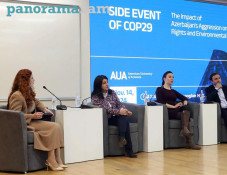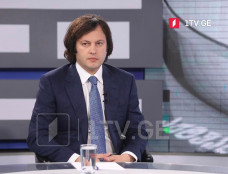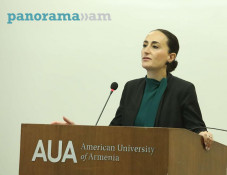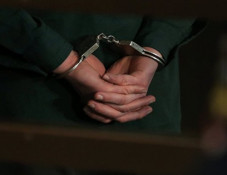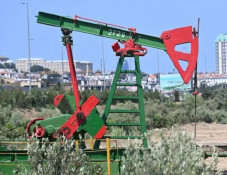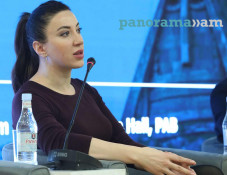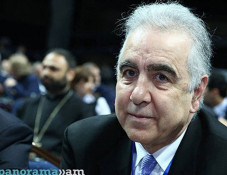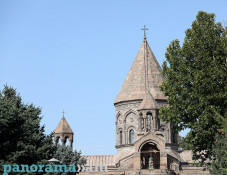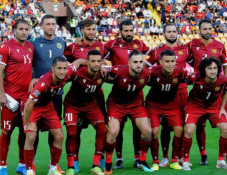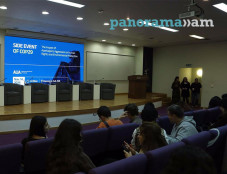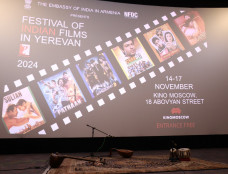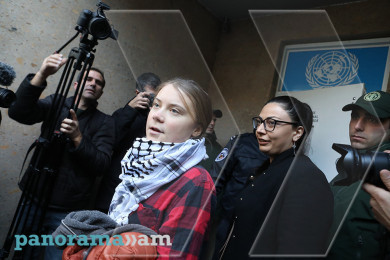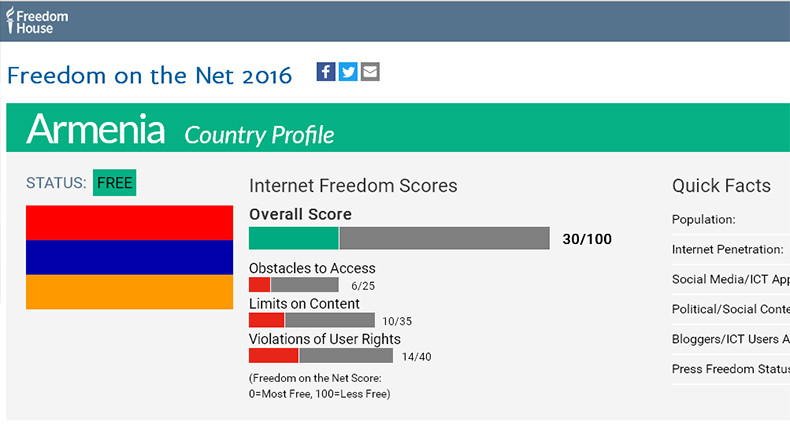
Armenia rated a ‘Free’ country for internet access for the fourth consecutive year
Internet freedom remained largely uninhibited in the past year, though Armenia’s overall score declined somewhat after physically attacks against journalists by police were recorded in isolated incidents, Freedom House said on Monday in a newly-released “Freedom on the Net 2016” report.
The new report places Armenia among 17 free countries out of the total 67 observed states with a score of 30/100 (0=Most Free, 100=Less Free). To note, Armenia’s score for the previous year was 28/100.
The report states that “historically the internet has remained relatively free in Armenia, with gradual improvements in infrastructure and accessibility connecting more of the population”.
For the reporting period, covering June 2015 - May 2016, Freedom House refers to some incidents of censorship occurred during and after the coverage period, coinciding with the periods of violence and unrest. Specifically, it notes that Facebook was briefly restricted (for approximately 40 minutes) in July 2016 while armed militants were challenging the authorities,
The report refers to cases of self-censor as violent clashes briefly resumed on the Nagorno-Karabakh frontline in April 2016. “Expression online was skewed by the Defense Ministry’s appeals to citizens to refrain from discussing the situation on the frontline on the internet, for fear of revealing “war secrets” to the other side. Online commentators practiced self-censorship, and discussions online often turned hostile when publications or users were perceived to be publishing unfavorable information or figures about Armenia’s standing in the conflict,” the reports says.
“Armenian internet users are able to access a wide array of content online, though online media outlets based within the country are subject to financial and political pressures,” the report reads, referring to some cases, when journalists are not allowed to deviate from the editorial policy of online media outlets, often linked to one of the political parties. Such pressure has the potential to affect the overall situation of freedom of speech in the country, though online publishers and individual bloggers strongly resist self-censorship. Indeed, there is a wide diversity of opinion on social media, and virtual battles between supporters and opponents of the government are often observed. A variety of independent and opposition web resources provide Armenian audiences with politically neutral, or oppositional opinions.
The report has registered no cases of imprisonment or other criminal sanctions for online activities over the past year. However, it has documented eight cases of physical violence against journalists in 2015. A number involved journalists and media personnel covering the June 2015 protests against energy price hikes in Yerevan or the December 6, 2015 constitutional referendum. On June 23 2015, police attacked journalists live-streaming the Electric Yerevan rally on Baghramian Avenue. Four police officers are under investigation in connection with the attacks.
On July 29, 2016, a group of plainclothes men attacked at least 14 journalists while they were covering clashes between riot police and protesters marching in support of armed gunmen who had occupied a police compound in Yerevan. Some of the journalists were hospitalized as a result of the attacks; some of their equipment was broken. Armenian authorities promised to investigate the attacks.
According to the report, internet freedom around the world declined in 2016 for the sixth consecutive year. Two-thirds of all internet users – 67 percent – live in countries where criticism of the government, military, or ruling family are subject to censorship.
Estonia, Iceland and Canada are at the top of the list of the states with the freest internet, while Syria, China and Iran have the worst record among the observed states.
From the regional states, Georgia along with Armenia is rated as free country with a score 25, Azerbaijan is rated partly free, while Turkey has registered a considerable decline coming a not free.
Newsfeed
Videos





